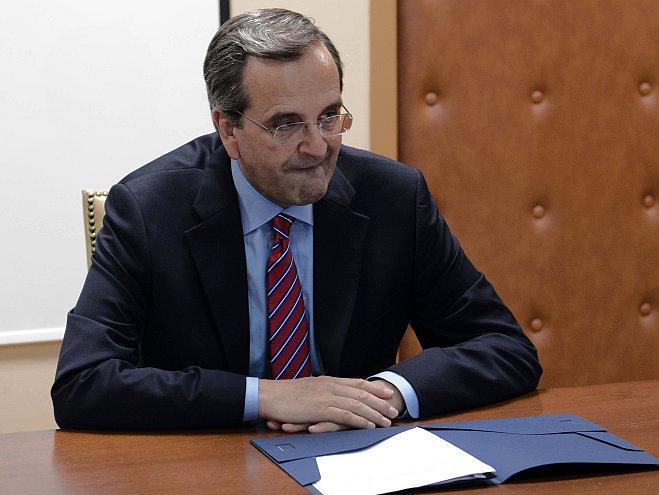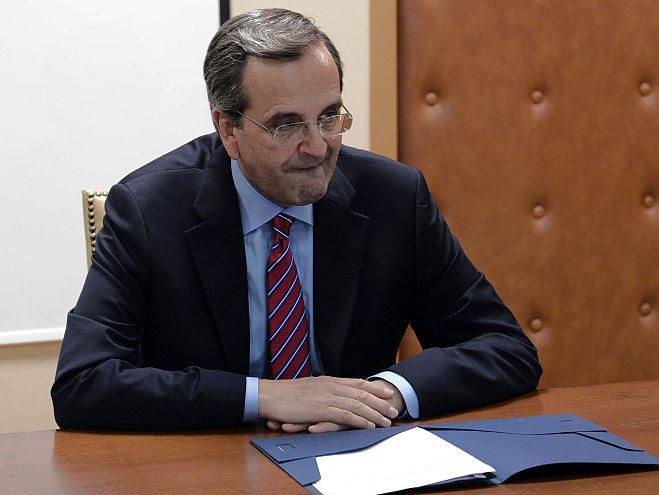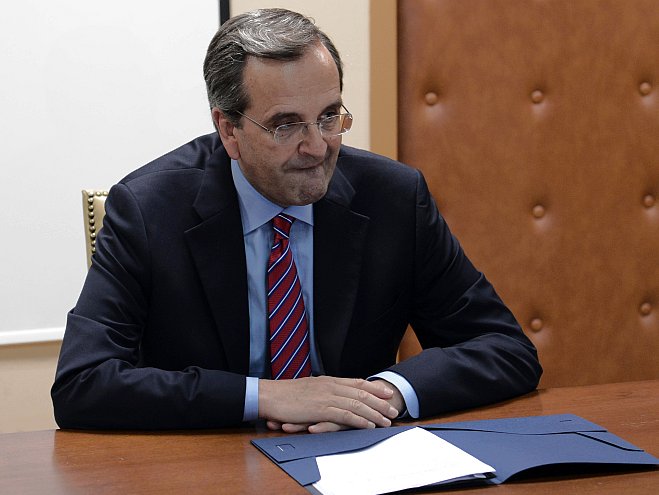European Market Insight
European stock markets rallied for another week last week, with Spain again being the outperformer among eurozone nations.
The EURO STOXX was up 2 percent and the euro was roughly flat at 1.23. Spain’s equity markets rose 7.28 percent on no particular good news coming out of the country itself. Banks also had a strong week, with the EURO STOXX Banking index climbing 7.17 percent for the week.
Markets clearly ignored the negative second-quarter European GDP result, which was a negative 0.2 percent, in line with estimates but now already the third stagnating quarter after a negative 0.3 percent in Q4 2011 and an unchanged reading for Q1 2012.
According to a report published by investment bank Société Générale the ups and downs have to do with the European sovereign debt crisis. “Looking beyond the headline numbers for a second, it is clear that the ebb and flow of the sovereign debt crisis has generated considerable volatility in the GDP data as firms and households first put their spending plans on hold and then subsequently relax them as financial conditions improve somewhat.”
Merkel Reassures Markets at Press Conference in Canada
Markets reacted more on the positive German GDP report of 0.3 percent, a bit higher than expectations of a 0.2 percent gain, and on comments made by German Chancellor Angela Merkel during her meeting with Canadian Prime Minister Stephen Harper. Merkel told reporters at a press conference last Thursday that Germany was “in line” with the European Central Bank (ECB) and President Mario Draghi.
Draghi had previously driven up markets by saying that the ECB will do “anything within its mandate” to save the euro. Speculation soon started that this would result in additional bond buying by the ECB similar to the Federal Reserve’s quantitative easing program, an operation that Germany traditionally opposed.
Merkel said at the press conference that the euro-area leadership “[is] committed to do everything we can to maintain the common currency” and that bond-buying by the ECB would be sanctioned as the central bank’s recent course “[has] made it clear that the European Central Bank is counting on political action in the form of conditionality as the precondition for a positive development of the euro.”
Conditionality Versus Unlimited ECB Buying
This essentially means that Merkel would agree to the ECB buying bonds on the open market only under the condition of further austerity in the recipient country, which would likely also have to relinquish some fiscal autonomy.
Spain has opposed this so called “conditionality” and has frequently pushed for unconditional bond buying by the ECB.
Markets might have taken an unsourced story by German weekly magazine Der Spiegel as a catalyst to speculate that eventually Merkel would back away from the conditionality requirement. “The European Central Bank is considering to establish caps on interest rates for each country’s sovereign bonds. It would buy sovereign debt of the crisis countries whenever interest rates exceed a certain spread to German Bunds. ... At its next meeting in early September, the Governing Council will decide whether the interest rate target will be announced then,” she said.
A research report by Danske Bank published in November 2011 already analyzed this idea and came to the conclusion that “we would not be surprised to see them spend half a trillion or more before confidence is restored. It takes a lot of money to defend an informal cap.” So far this has not happened, but as tensions increase, speculation like this is apt to continue.
Risks Still Lurk in the Banking Sector
So far, European sovereign and corporate credit has not matched the recent enthusiasm for stocks, and a much less publicized piece of data shows that risks are still lurking in the banking system.
Short-term ECB U.S. dollar foreign exchange (FX) swaps with the Federal Reserve are at their highest levels since the end of 2009. In this transaction, the Fed provides European banks with U.S. dollar liquidity through the ECB. Normally, banks can satisfy their dollar liquidity requirements through private transactions, but when times are tough, they have to resort to the help of central banks and the Fed is the only source of dollars in the world.
Recent data shows that 10 banks tendered for $9.5 billion in liquidity last week for a term of seven days for a rate of 0.64 percent annualized. Recently the FX swaps have gained much more traction among the investing public as a measure of liquidity stress, as the original LIBOR measure has been tarnished amid the recent scandal.
The Week Ahead
This week will be quiet in terms of data, but expect Greece to reclaim its place in the spotlight as Greek Prime Minister Antonis Samaras will be meeting Jean-Claude Juncker, the president of the Eurogroup as well as German Chancellor Angela Merkel and the French President François Hollande on three different occasions to discuss his country’s progress and financing needs.
The Epoch Times publishes in 35 countries and in 19 languages. Subscribe to our e-newsletter.







